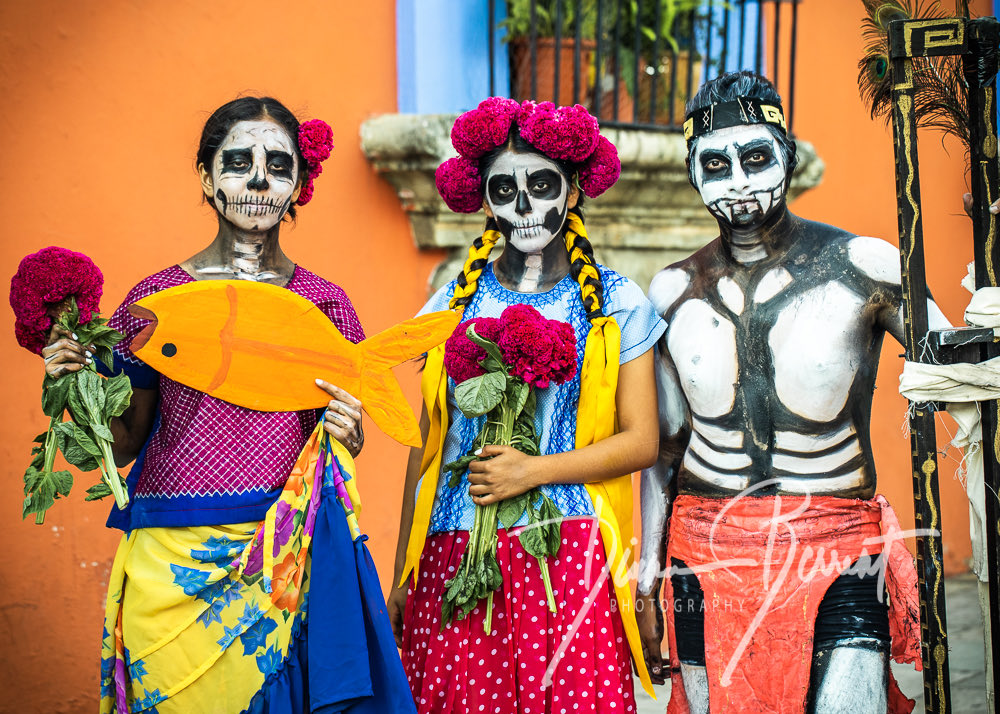
.@NewYorker published a piece on #LongCovid last month that drew significant and well deserved criticism. In response to our fierce objections to @DhruvKhullar's reporting they devoted today's ENTIRE Letters section to responses from me and @NickGuthe. newyorker.com/magazine/2021/…
My Letter to the Editor:
The New Yorker’s article on Long covid, in which I was a central subject, was a profound affront to everyone suffering the long-term sequelae of even mild and asymptomatic cases of covid-19 (“The Damage Done,” September 27th).
1/
The New Yorker’s article on Long covid, in which I was a central subject, was a profound affront to everyone suffering the long-term sequelae of even mild and asymptomatic cases of covid-19 (“The Damage Done,” September 27th).
1/
The piece included no interviews with doctors or scientists directly investigating Long covid, and no interviews with patients battling the disease.
2/
2/
I participated in the article with the understanding that it would be a profile of me and of Survivor Corps—the world’s largest grassroots covid movement, which I founded—but it proved to be something entirely different.
3/
3/
It depicted my organization as anti-science, even though we have reinvented what it means to be citizen-scientists by co-authoring scientific papers and creating a system in which patients and researchers partner to advance science in line with patients’ needs.
4/
4/
Your writer laments a gulf between activists and scientists. He doesn’t do enough to show how our work bridges the divide.
5/
5/
The article was also wrong to dispute the extent to which the symptoms of Long covid can be tied to the coronavirus.
6/
6/
In 2005, Oliver Sacks co-authored an op-ed in the Times warning that a novel flu virus could cause a shadow pandemic of neurological complications similar to the encephalitis lethargica, or sleeping sickness, that followed the 1918 influenza epidemic.
7/
7/
Such post-viral diseases, he wrote, have been recorded “since the time of Hippocrates.” Contrary to the article’s disappointing both-sides approach, it is wrong to dispute the lived experience of those suffering from Long covid and the physiological basis of their symptoms.
8/
8/
In doing so, the piece fell grievously short of The New Yorker’s standard for medical reporting.
Diana Berrent
Founder, Survivor Corps
Chevy Chase, Md.
9/
Diana Berrent
Founder, Survivor Corps
Chevy Chase, Md.
9/
.@NickGuthe:
I participated in The New Yorker’s piece on Long covid, sharing the extremely personal and painful story of the suicide of my wife, Heidi Ferrer, which was caused by the excruciating physical symptoms that she suffered during a 13-month-long battle with the disease.
I participated in The New Yorker’s piece on Long covid, sharing the extremely personal and painful story of the suicide of my wife, Heidi Ferrer, which was caused by the excruciating physical symptoms that she suffered during a 13-month-long battle with the disease.
I thought that The New Yorker, above all other publications, would handle her story with grace and sensitivity. But the article caused my family and me great pain.
11/
11/
It got a crucial detail of the event wrong: my son did not find his mother’s body, as the article implied, because, in one of my proudest moments as a parent, I shut the door instantly, before he could see it.
12/
12/
Much more insidious was the article’s feckless assertion that “others, pointing out that Ferrer never tested positive for the virus, have questioned whether covid is to blame for her death.” Who, I have asked, are these “others”? The answer has never been revealed to me.
13/
13/
If I had known that the magazine was going to call into question the cause of my wife’s death, I wouldn’t have coöperated with the story.
14/
14/
My wife fought the bravest battle I have ever witnessed against a virus that robbed her of everything, including her ability to sleep, in a process that began with tremors and internal vibrations...
15/
15/
... that struck her—in a detail that The New Yorker chose to omit—weeks after getting the Moderna vaccine.
16/
16/
The publication’s engagement in “what-about-ism” regarding Long covid is harmful, and an insult to those who are suffering from this sinister disease, many of whom are being gaslit by the medical community every day.
17/
17/
They deserve better.
Nick Güthe
Senior Adviser to Survivor Corps
Marina del Rey, Calif.
@Survivor_Corps #LongCovid #LongTermCovid
/end
Nick Güthe
Senior Adviser to Survivor Corps
Marina del Rey, Calif.
@Survivor_Corps #LongCovid #LongTermCovid
/end
• • •
Missing some Tweet in this thread? You can try to
force a refresh







